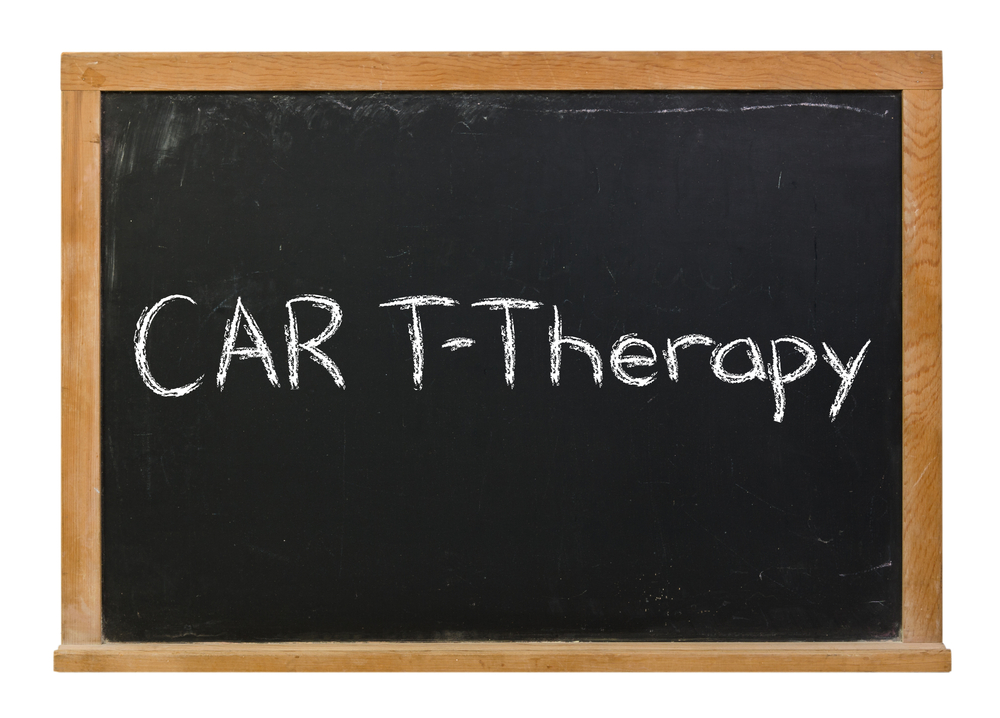First Myeloma CAR T-cell Therapy Phase 2 Trial Opens Enrollment
Written by |

The U.S. Food and Drug Administration (FDA) has granted Celgene and Bluebird Bio’s bb2121 — the first CAR T-cell therapy for multiple myeloma — Breakthrough Therapy Designation.
Regulators at the European Medicines Agency (EMA) also acknowledged the potential of the treatment by granting it PRIME (PRIority MEdicines) eligibility.
The news comes just as the companies are starting to recruit previously treated myeloma patients for a Phase 2 trial (NCT03361748) of the therapy. If proven effective, the trial could serve to obtain regulatory approval for clinical use of bb2121.
“Receiving Breakthrough Therapy Designation and PRIME eligibility for bb2121 further underscores the potential of this novel cellular immunotherapy approach to multiple myeloma treatment,” Jay Backstrom, MD, chief medical officer and head of Global Regulatory Affairs for Celgene, said in a press release.
David Davidson, MD, chief medical officer for bluebird bio, added that “despite recent advances, multiple myeloma remains an incurable disease, and heavily pretreated patients have limited therapeutic options.”
The designations — granted to therapies thought to provide a significant improvement in the treatment of serious or life-threatening conditions — were awarded after regulators reviewed preliminary data from an ongoing Phase 1 trial (NCT02658929) of bb2121.
The companies plan to give an update from the study at the 59th Annual Meeting of the American Society of Hematology (ASH) in Atlanta, Georgia.
Meanwhile, the Phase 2 trial was scheduled to start enrolling patients this week. The trial will be an open-label study with about 94 patients with relapsed or refractory multiple myeloma. Unlike the Phase 1 study, which has a main objective of exploring safety and primary efficacy signs, the Phase 2 study will focus mainly on the effectiveness of the CAR T-cell therapy to trigger remission.
The main outcome measure will be overall response rate, but researchers will also assess a large number of other factors, including disease and treatment response markers.
CAR T-cells are immune cells gathered from the cancer-affected patients and genetically modified to attack cancerous cells. So far, two such therapies have been approved to treat certain types of lymphoma and leukemia.
The study is seeking multiple myeloma patients who are at least 18 years old and who have received at least three prior treatment regimens. For more information, call 1-888-260-1599 or email [email protected], or visit the trial’s registration site here.
“Early data suggest that treatment with bb2121 has the potential to induce durable responses in this patient population. It is encouraging for both the FDA and EMA to identify bb2121 as a candidate for accelerated development as we continue our work with Celgene to bring this therapy to patients in need of new options,” Davidson said.
“We will work closely with these agencies as we accelerate development of bb2121, a novel technology and therapy for patients with multiple myeloma,” Backstrom added.



